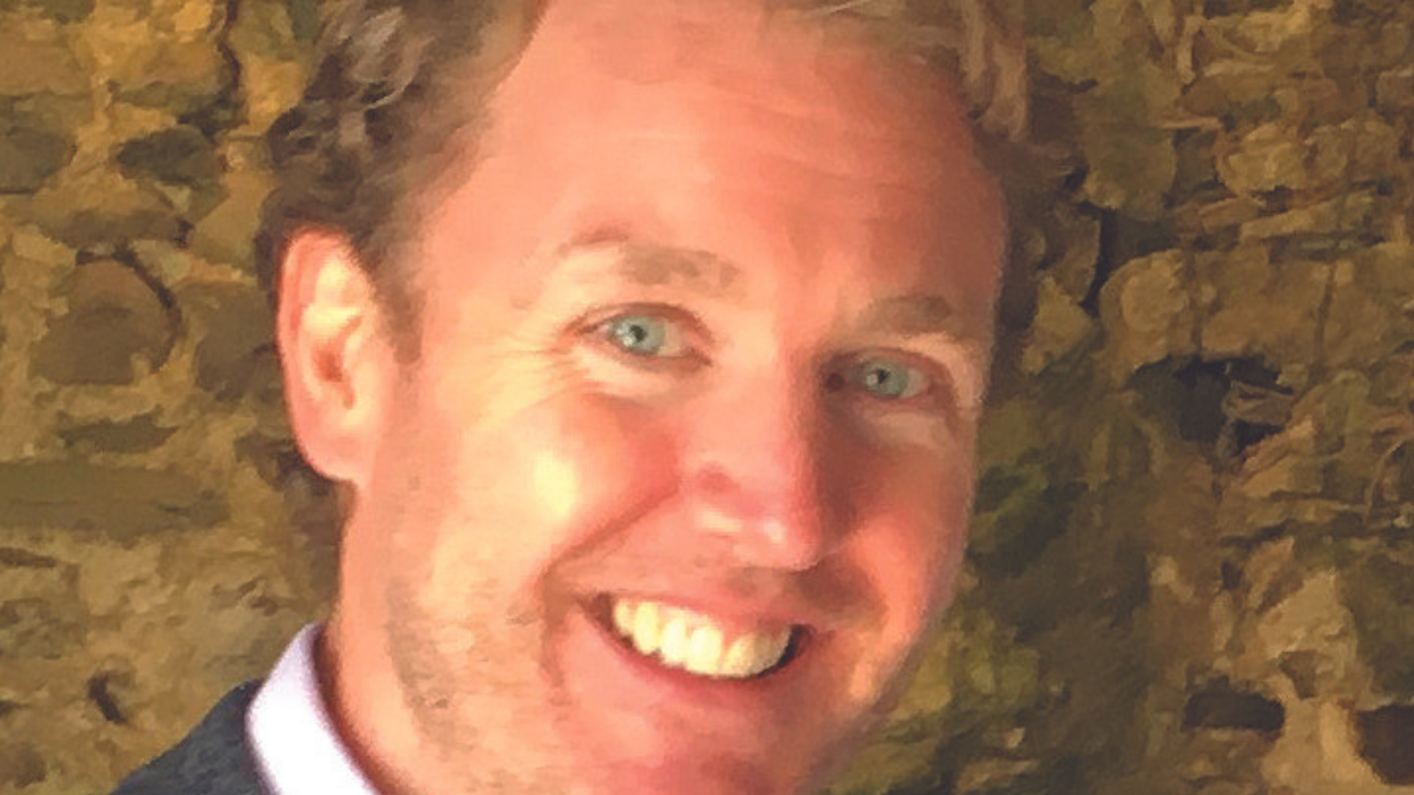Feature / NHS Wales: provider view
Velindre University NHS Trust runs both Velindre Cancer Service and the Welsh Blood Service, while also hosting the NHS Wales Shared Services Partnership (NWSSP) and Health Technology Wales.

The two core services account for about £180m between them. It is the presence of hosted organisation NWSSP, which includes the clinical negligence and insurance risk pool for Wales, that takes the trust’s turnover to just under £1bn.
Unlike all the Welsh health boards, which are all subject to heightened monitoring and intervention as part of the country’s oversight arrangements, the trust remains under routine arrangements monitoring and continues to forecast break-even for the current year.
Deputy director of finance Chris Moreton (pictured) says the trust experiences some of the same pressures as the rest of the NHS, but is in a different position as a commissioned service and provider body. Both blood and cancer services are crucial to the country’s recovery plan, with an increase in cancer referrals anticipated to continue following the pandemic.
The trust took a risk by investing in additional roles and capacity in anticipation of this increase in activity, with commissioners agreeing to an incentivised payment mechanism. Consequently, the trust started off the year with some income protection measures in place for cancer services based on performance in terms of activity compared with a 2019/20 baseline.
‘We are commissioned through a blended payment model for cancer services,’ Mr Moreton says. ‘This includes a block element and an activity element, which flexes payment if activity falls above or below a set threshold.’

The protection arrangements covered both downside and upside activity scenarios, with some income protection offered if activity didn’t emerge as expected. They also incentivised the trust to respond to additional demand above agreed service levels through enhanced rates.
As the year progressed, it became clear demand was so high that the protection measures weren’t needed. The trust was able to help mitigate financial pressures across the health system by reducing its contracted fees with commissioners.
One of the most costly areas in cancer treatment is the use of high-cost drugs, with drugs in general subject to significant inflation over the past year. For the specialist cancer service, the high-cost drugs amount to about £55m across the year. But these costs are passed through to the trust’s commissioners on a cost-incurred basis, shielding the organisation from these particular pressures.
‘High-cost drugs costs have grown by 57% over the past five years and it’s an area that both commissioners and the trust as provider are starting to pay much more attention to as a significant proportion of the cost base,’ Mr Moreton says. These pass-through arrangements mean the cost impact is less risk to the trust’s financial position.
Consequently, he admits there is a danger that it sometimes doesn’t get as much attention as it might deserve, with a greater focus on activity analysis.
The trust is looking to drive down costs where it can and has recently achieved this by switching supply of two immunotherapy drugs to the medicines unit within NWSSP. The trust does not financially benefit from this switch, but it has been able to pass those savings on to commissioners.
In other areas, the trust faces the same pressures on energy costs and inflation in general as the health boards. Mr Moreton also identifies a further challenge facing the whole service – ‘unwinding from the Covid funding’.
During the pandemic, money flowed more freely to ensure finances were not an obstacle to the clinical response. There is now much greater scrutiny on value and financial sustainability, and the service has to reduce costs accordingly.
‘It’s not easy just to turn the taps off again, especially when demand for services remains high and, since the pandemic, the pressures on both pay and non-pay costs have been exceptional,’ he says. All health boards and trusts are continuing to feel the impact of wider economic uncertainty, he adds, including Brexit, which has made recruitment harder and disrupted supply chains.
For the trust, the key challenges next year are likely to be looking at the balance between recurrent and non-recurrent savings with a planned cost improvement target of around 3.4%.
But there is a more fundamental issue. Health boards have received a 3.67% increase in their recurrent allocations for 2024/25. ‘Traditionally that allocation would just get applied straight through to our long-term agreements,’ says Mr Moreton. ‘But due to the financial outlook, some health boards have argued for different methodologies to be applied.
‘The challenge for us is that if we don’t receive that pass-through 3.67%, we risk going into deficit position as well, given the investment committed to transforming the trust’s services, inflationary pressures and forecast increase in demand.’
Also in the March 2024 issue of Healthcare Finance:
- Under pressure - Welsh health board finance directors talk about the operational and financial pressures in the current year and the challenges ahead in 2024/25
- Structural challenges - Hywel Dda University Health Board can do somethings itself to address its underlying deficit. But sustainable finances will also depend on social care support and structural issues.
Related content
The value masterclass shares examples of organisations and systems that have pursued a value-driven approach and the results they have achieved.
We are excited to bring you a fun packed Eastern Branch Conference in 2025 over three days.